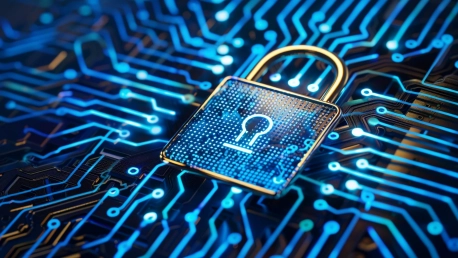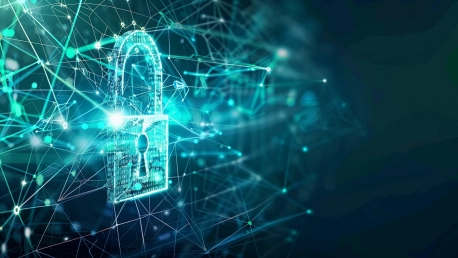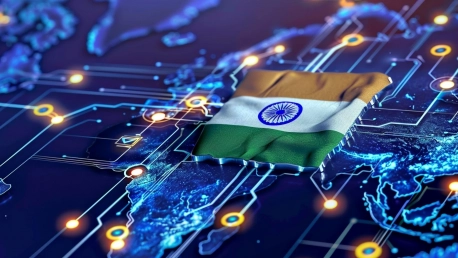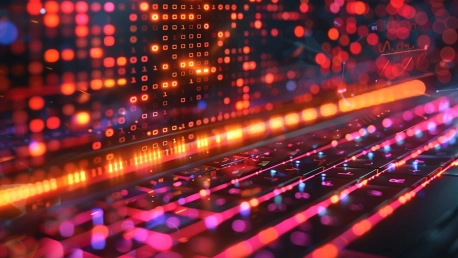
The dynamic relationship between artificial intelligence (AI) and cybersecurity presents both opportunities and challenges within the digital landscape. As organizations increasingly rely on AI to enhance their cybersecurity defenses, they must also contend with the potential for AI to introduce

As businesses increasingly rely on cloud-based infrastructure, platform services, and applications, the landscape of cloud security has become more complex and critical. Organizations make the transition from on-premise to cloud environments due to the benefits of scalability, flexibility, and

The rapidly evolving landscape of cybersecurity has witnessed significant regulatory developments, notably with the U.S. Securities and Exchange Commission (SEC) implementing new rules that demand enhanced corporate transparency in cybersecurity practices. Effective from December 2023, these

In an age where cybersecurity threats loom in every corner of our digital lives, protecting one's digital assets has become paramount. Reports consistently illuminate a harrowing truth – a vast majority of cyber breaches are tied to compromised credentials. In fact, research by Verizon p

Recent times have witnessed a whirlwind of activity in the Indian stock markets, earmarking both triumphs and tribulations for businesses. As Nifty and Sensex indicators wavered, companies such as Sun TV and CRISIL bore the brunt of the tumult, experiencing noticeable dips in their stock prices.

The world of cybersecurity is in constant motion, with groundbreaking innovations and relentless threats making headlines daily. Amidst this dynamic landscape, one company has garnered particular attention for its outstanding achievements in the field of compliance. ImmuniWeb, a global application